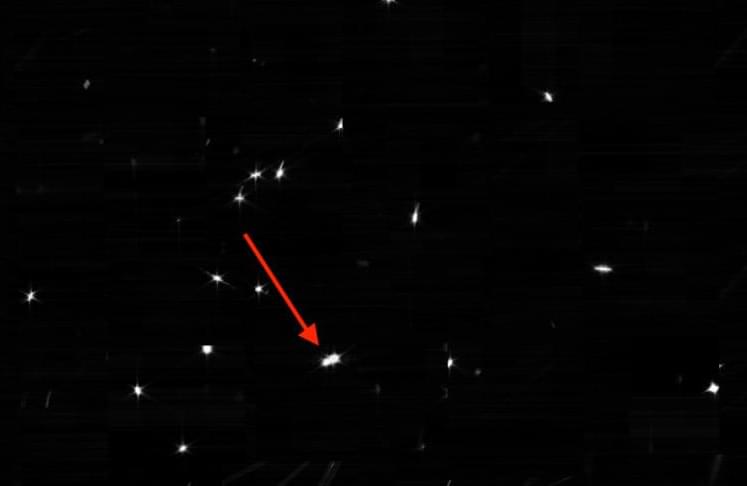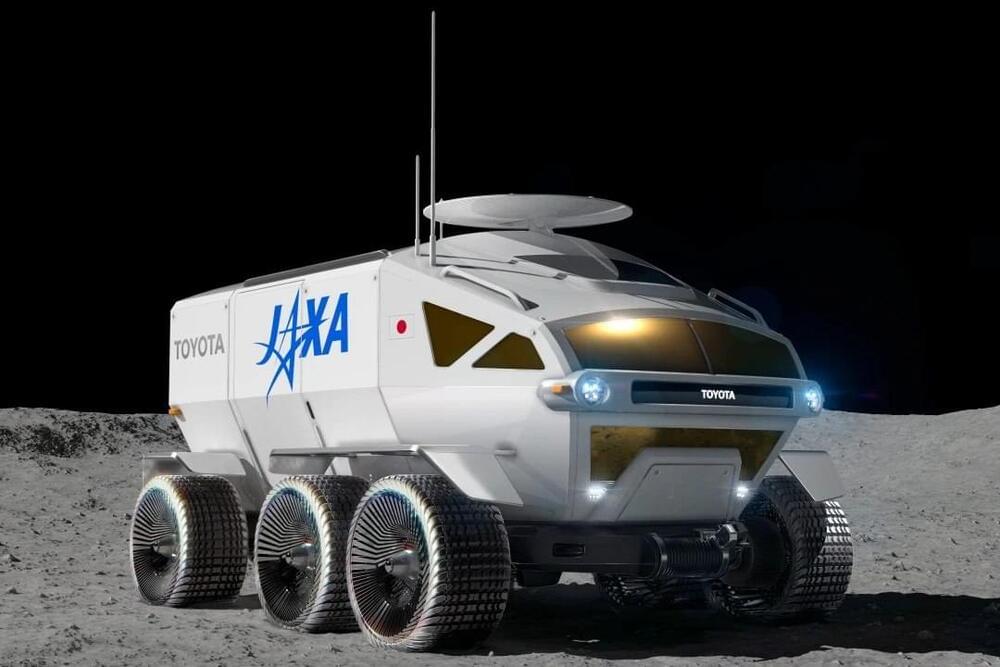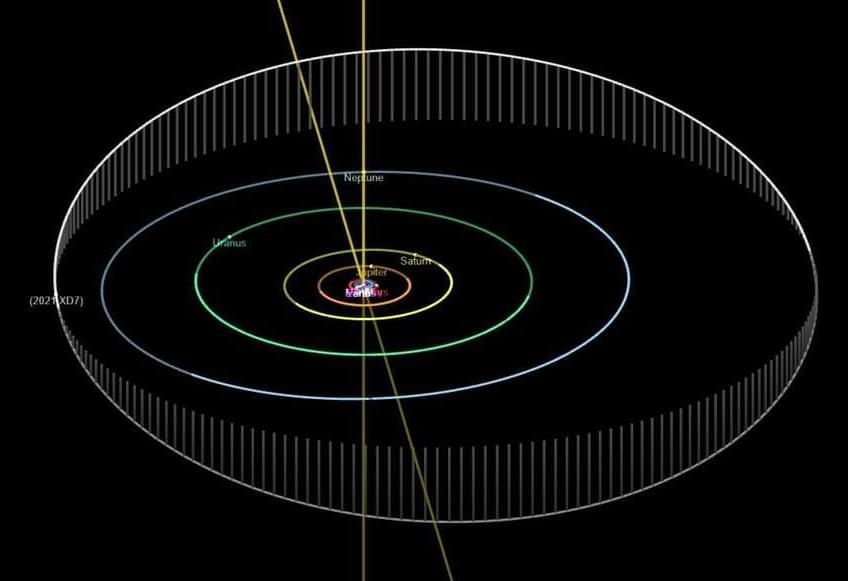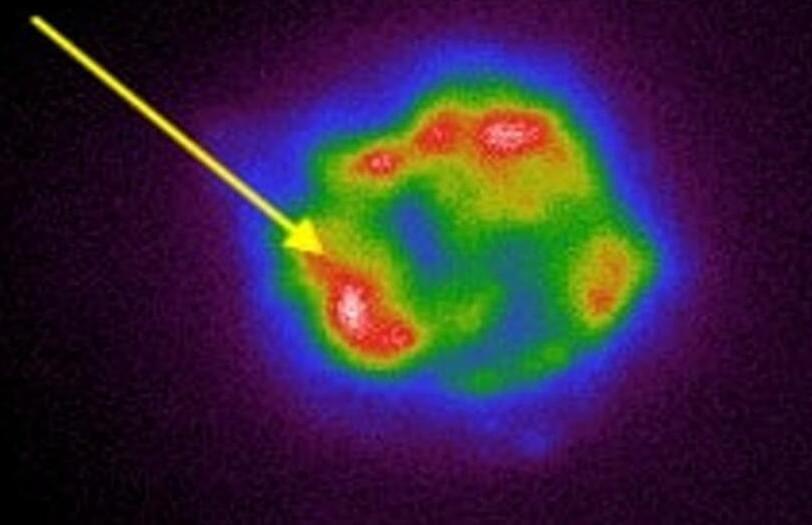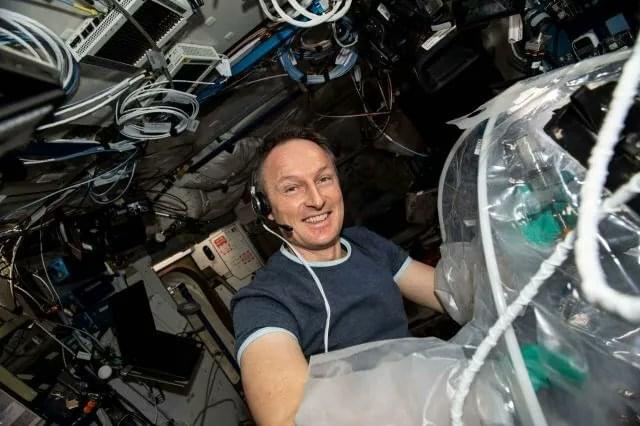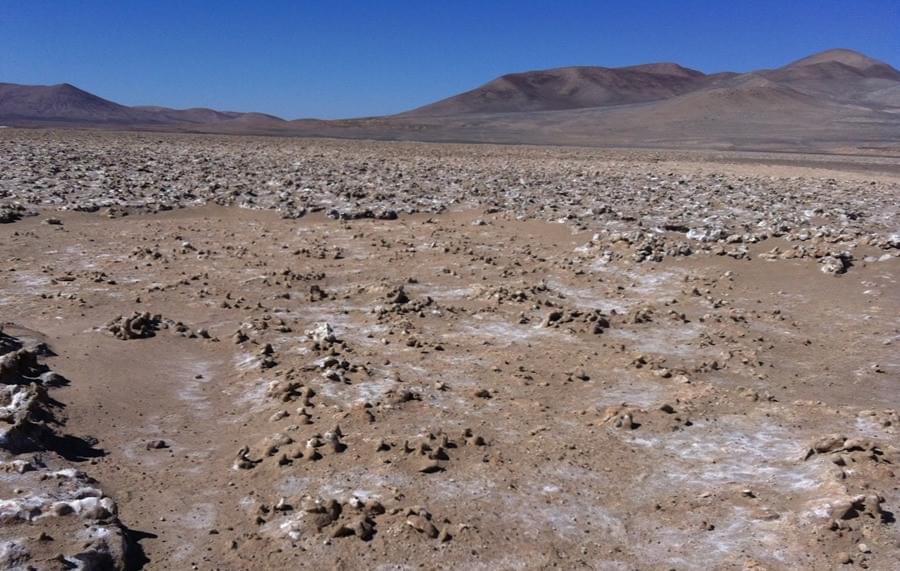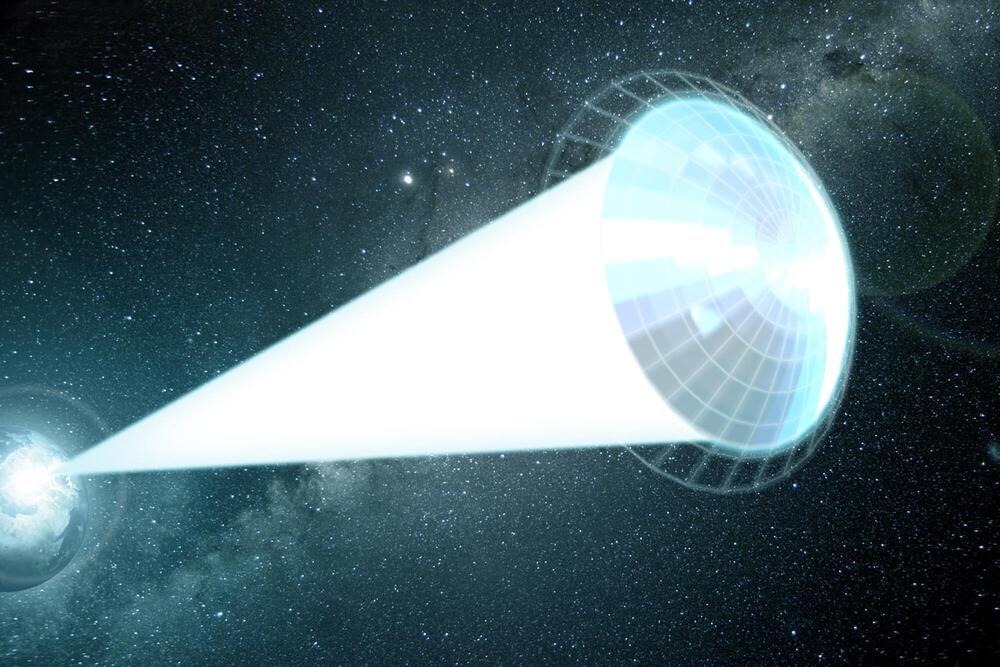Archive for the ‘space’ category: Page 431
Feb 18, 2022
Toyota is working with Japan’s space agency on a vehicle to explore the lunar surface, with ambitio…
Posted by Alberto Lao in categories: robotics/AI, space
See more.
Dave Meir.
Toyota heading to moon with cruiser, robotic arms, dreams.
Ns… See more.
Feb 18, 2022
Future Gravitational Wave Detector in Space Could Solve Mysteries of the Universe
Posted by Genevieve Klien in categories: physics, space
New research has shown that future gravitational wave detections from space will be capable of finding new fundamental fields and potentially shed new light on unexplained aspects of the Universe.
Professor Thomas Sotiriou from the University of Nottingham’s Centre of Gravity and Andrea Maselli, researcher at GSSI and INFN associate, together with researchers from SISSA, and La Sapienza of Rome, showed the unprecedented accuracy with which gravitational wave observations by the space interferometer LISA (Laser Interferometer Space Antenna), will be able to detect new fundamental fields. The research has been published in Nature Astronomy.
In this new study researchers suggest that LISA, the space-based gravitational-wave (GW) detector which is expected to be launched by ESA in 2037 will open up new possibilities for the exploration of the Universe.
A trans-neptunian object has been discovered using the Vatican Advanced Technology Telescope!
Feb 17, 2022
Look: NASA reveals electrifying remnants of a star that exploded 400 years ago
Posted by Atanas Atanasov in category: space
Stunning.
For its first science image, the NASA IXPE observatory zoomed in on the remains of a star that exploded in the 17th century, revealing the intensity of X-Ray light coming from the blast.
Feb 17, 2022
NASA IXPE Captured Cassiopeia A in Its First Photo From Space
Posted by Genevieve Klien in category: space
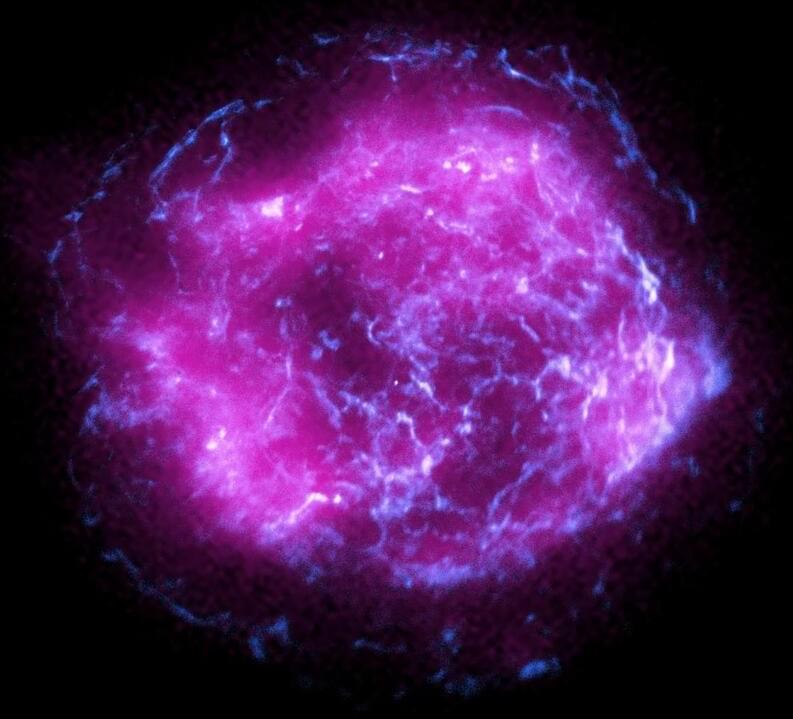
After its successful launch last Dec. 9, 2021, the Imaging X-Ray Polarimetry Explorer (IXPE) of the National Aeronatics and Space Administration (NASA) finally shared its first captured photo from space.
Specifically, the subject of the photo is the Cassiopeia A.
Continue reading “NASA IXPE Captured Cassiopeia A in Its First Photo From Space” »
Feb 17, 2022
How well does concrete work in space?
Posted by Gemechu Taye in categories: materials, space
Feb 17, 2022
Habitable Conditions in the Martian Subsurface
Posted by Dirk Schulze-Makuch in categories: biological, space
A Martian biosphere may not be hiding only in the deep subsurface.
But let’s not forget habitable niches in salts, ices, and caves!
Feb 17, 2022
MIT Researcher Says Yes, Advanced Neural Networks May Be Achieving Consciousness
Posted by Dan Kummer in categories: Elon Musk, robotics/AI, space
Amid a maelstrom set off by a prominent AI researcher saying that some AI may already be achieving limited consciousness, one MIT AI researcher is saying the concept might not be so far-fetched.
Our story starts with Ilya Sutskever, head scientist at the Elon Musk cofounded research group OpenAI. On February 9, Sutskever tweeted that “it may be that today’s large neural networks are slightly conscious.”
In response, many others in the AI research space decried the OpenAI scientist’s claim, suggesting that it was harming machine learning’s reputation and amounted to little more than a “sales pitch” for OpenAI work.
Feb 16, 2022
How to design a sail that won’t tear or melt on an interstellar voyage
Posted by Shubham Ghosh Roy in categories: engineering, space
Astronomers have been waiting decades for the launch of the James Webb Space Telescope, which promises to peer farther into space than ever before. But if humans want to actually reach our nearest stellar neighbor, they will need to wait quite a bit longer: a probe sent to Alpha Centauri with a rocket would need roughly 80,000 years to make the trip.
Igor Bargatin, Associate Professor in the Department of Mechanical Engineering and Applied Mechanics, is trying to solve this futuristic problem with ideas taken from one of humanity’s oldest transportation technologies: the sail.
As part of the Breakthrough Starshot Initiative, he and his colleagues are designing the size, shape and materials for a sail pushed not by wind, but by light.
